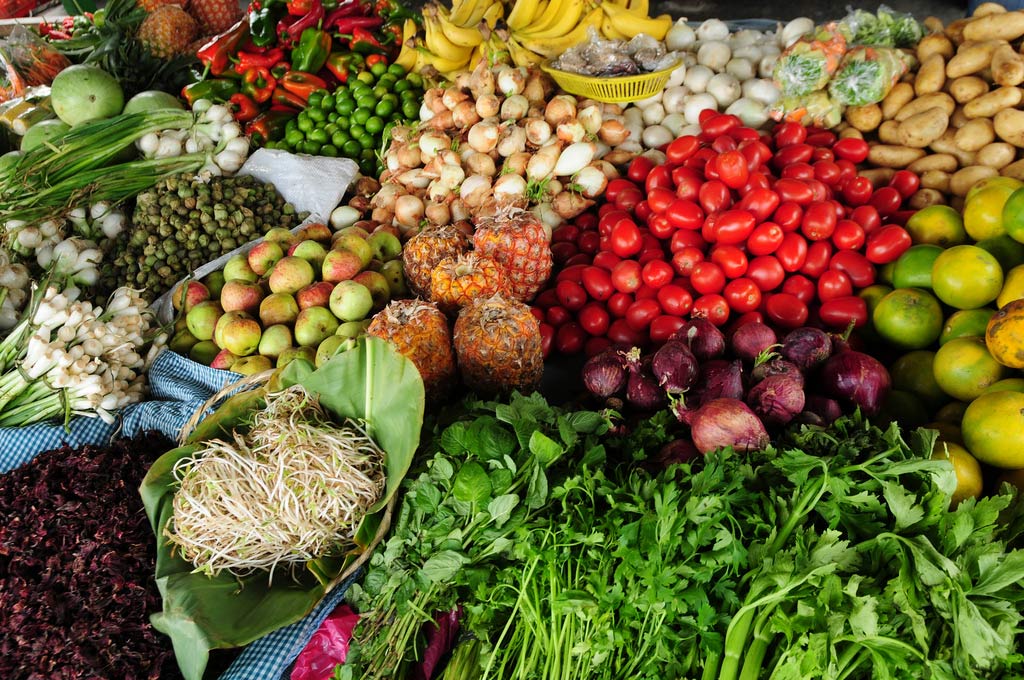May 22, 2025 03:32 am (IST)

UN urges governments to buy local food in public projects
New York, May 16 (IBNS): Public procurement can contribute to making food systems more fair and sustainable, and help realize the human right to adequate food, according to a United Nations independent expert.
“When sourcing food for schools, hospitals and public administrations, Governments have a rare opportunity to support more nutritious diets and more sustainable food systems in one fell swoop,” Olivier De Schutter said in his final publication to the UN Human Rights Council as the UN Special Rapporteur on the right to food.
“Governments have few sources of leverage over increasingly globalized food systems – but public procurement is one of them,” he concluded, adding that Organisation for Economic Co-operation and Development (OECD) countries spend an average of 12 per cent of their Gross Domestic Products (GDP) on public procurement.
In his report, De Schutter identified five principles for how Governments should use their public procurement.
He recommends buying locally, and ideally, from small-scale food producers, guaranteeing living wages and fair prices. In addition, he highlights setting specific requirements for adequate food diets, and increasing participation and accountability in the food system.
“It may cost Governments slightly more to source from a range of smaller-scale, sustainable operators than from major suppliers, but the investment is worth it,” the Special Rapporteur said.
For example, data on United Kingdom school feeding programmes suggests a return of 3-to-1 for additional spending on sustainable and local procurement.
Another study estimates that the total benefits of supplying 50 million African school-children with locally produced food could reach around USD 1.6 billion per year.
Independent experts or special rapporteurs are appointed by the Geneva-based UN Human Rights Council to examine and report back, in an unpaid capacity, on specific human rights themes.
(Photo: World Bank/Maria Fleischmann)
Support Our Journalism
We cannot do without you.. your contribution supports unbiased journalism
IBNS is not driven by any ism- not wokeism, not racism, not skewed secularism, not hyper right-wing or left liberal ideals, nor by any hardline religious beliefs or hyper nationalism. We want to serve you good old objective news, as they are. We do not judge or preach. We let people decide for themselves. We only try to present factual and well-sourced news.
Support objective journalism for a small contribution.
Latest Headlines
Russia bans 'undesirable organisation' Amnesty International
Tue, May 20 2025
Russia must end war it started: Zelenskyy writes on X after speaking with Trump, European leaders
Tue, May 20 2025
'Ready to engage with Ukrainian side for peace agreement': Putin after call with Donald Trump
Mon, May 19 2025
Guterres reiterates call for Gaza ceasefire at Arab League Summit
Sun, May 18 2025
School evacuated in UK after boy brings WWII grenade to assembly
Sun, May 18 2025
Lebanon: IDF eliminates Hezbollah commander
Sat, May 17 2025
Melania Trump's statue goes missing in Slovenia
Sat, May 17 2025
Russian drone strikes passenger bus in Ukraine, nine dead
Sat, May 17 2025







